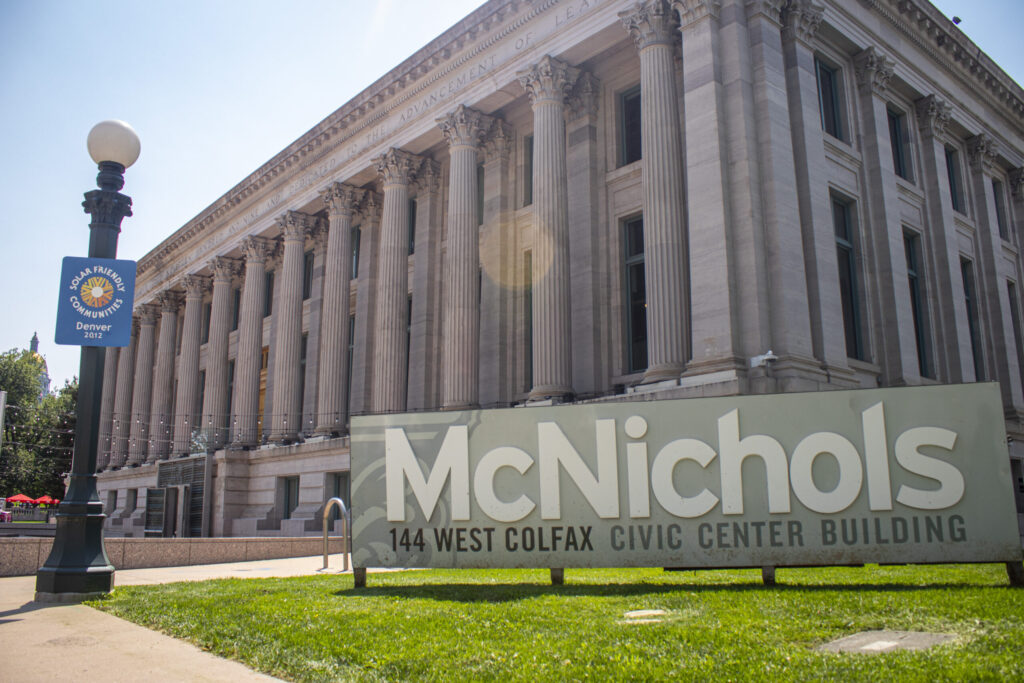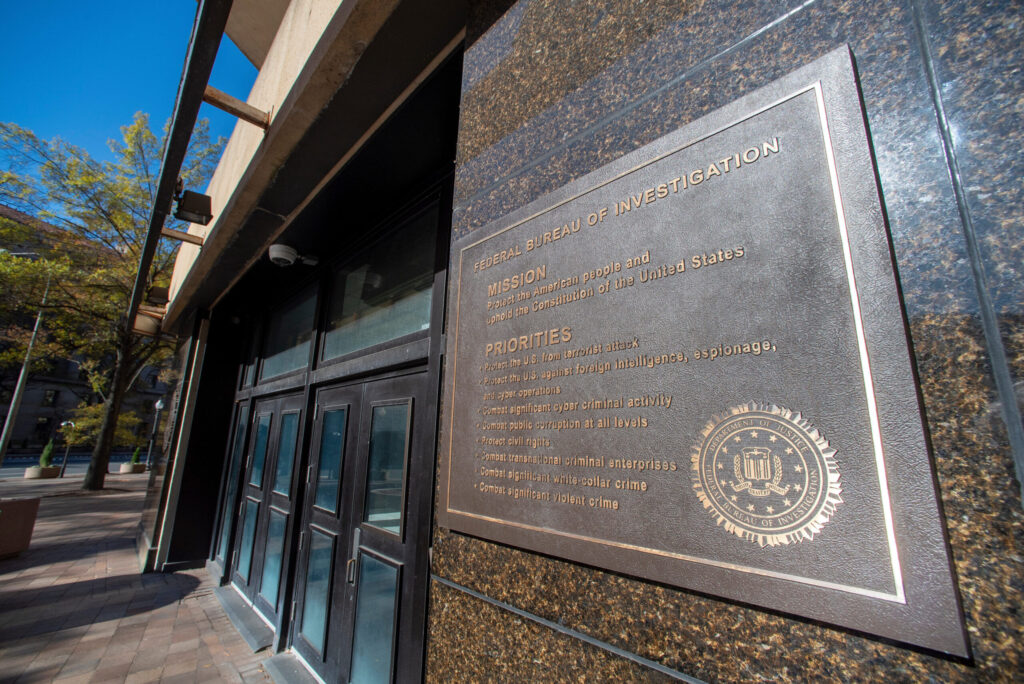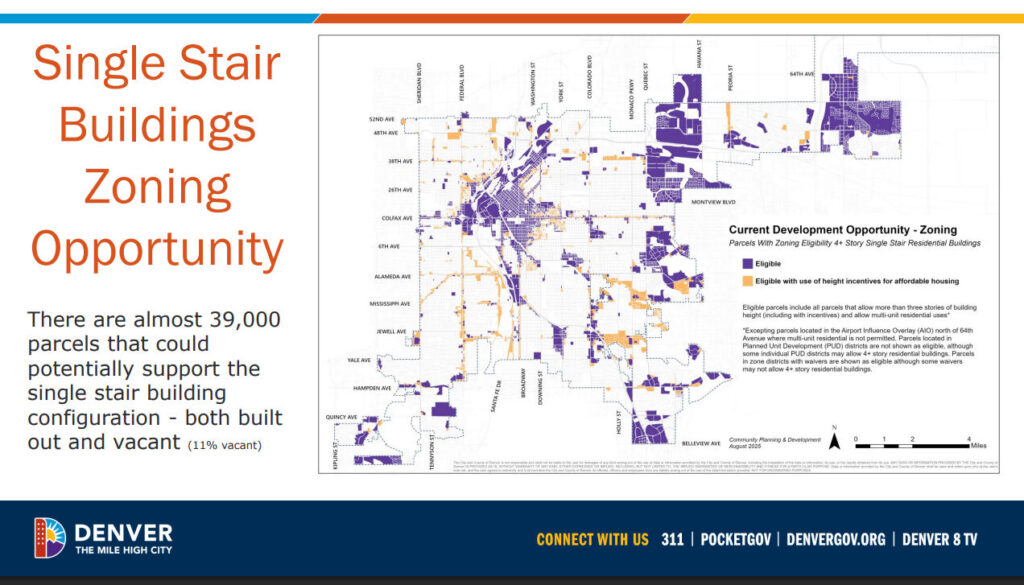Digital license plates coming to Colorado

Digital license plates will soon be permitted on Colorado roads, thanks to a new law taking effect next month.
The legislation allowing the plates, House Bill 1162, was signed into law by Gov. Jared Polis in April. On Wednesday, the digital license plate developer Reviver announced it has complied with state requirements and will begin selling the plates in Colorado when the bill goes into effect.
“We are incredibly proud to reach this important milestone,” said Neville Boston, co-founder of Reviver. “Our mission is to transform vehicle ownership and registration into a more seamless and modern experience, and we can’t thank our many partners throughout the state (enough).”
At first glance, digital license plates may look like any metal plate. But should a vehicle be stolen, the plate expired, or an Amber Alert issued, a digital license plate could become a public safety tool.
Under the bill, the Department of Revenue can permit messaging and other functionalities on the digital plates, such as banners to notify that a vehicle is stolen. The digital plates also offer user security features such as vehicle tracking, and mean no more replacing registration stickers every year.
Colorado will be the fifth state to authorize Reviver’s digital license plates for sale and DMV registration, joining California, Michigan, Arizona and Texas. More than 10 other states are in various stages of adopting digital license plates, according to Reviver.
Though digital license plates are spreading throughout the country, they aren’t without their critics. The digital plates are significantly more expensive than metal plates and must be bought directly through Reviver, not the DMV. Reviver’s consumer digital license plate costs between $19.95 and $24.95 per month, and those who buy them will still have to buy the traditional metal plates, as well.
In addition, the digital plates emit a wireless signal used for tracking and digital monitoring services, which has raised some concerns about hacking and data privacy.
The Department of Revenue and Colorado State Patrol have been charged with developing rules and regulations for the use of digital license plates and their data.
“A digital option for license plates embraces Colorado’s innovative spirit,” said Matthew Packard, chief of the Colorado State Patrol. “As this technology is implemented, we will be working together to ensure their deployment is in the best interest of public safety.”
Under the bill, digital license plates may be used instead of metal plates if the registration number and expiration date are visible from 100 feet away in the sunlight. The digital plate would be at the vehicle’s rear; the metal plate would still be required for the front.
The bill, which takes effect in August, passed the legislature with strong bipartisan support, receiving 30-5 approval in the Senate and 55-5 approval in the House.
Denver, four other cities sue Colorado over tax exemption for school building materials

















